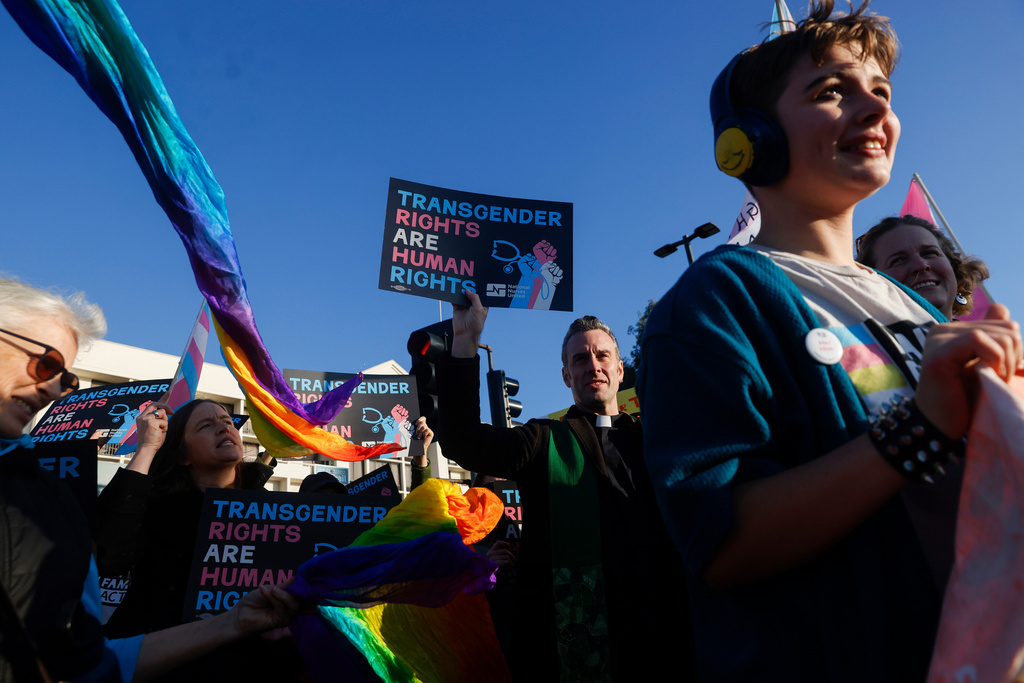As we start to see glimmers of a flattening curve, there are calls for life to return to normal.
But health professionals are trying to find a balance ensuring that COVID-19 best practices don’t become political.
"Adults can make adult decisions, and there's no risk-free way to get through life."
Protests around the country are happening despite warnings from health care experts, like this nurse counterprotesting a Wisconsin gathering earlier this month.
"This is absolutely not the time to come out. It's the time to keep buckling down and focusing on the interventions we've made."
"I would also love to get back to normal, but that's just something we can't do right now. This virus isn't just going away."
Epidemiology professor Tara C. Smith says social distancing is working, but she worries governments in Georgia and her own state of Ohio are opening too soon.
“Listening to the scientists, … we don't want to open because we don’t have those tests available, and we can't really do this in a way that minimizes risk to people. But they also know that people are clamoring to get back to work. People are running out of money. We don't have any more assistance coming immediately, … financially. So I think they're doing what they can."
Many Americans are taking measures seriously. A Gallup poll from early April showed that just 20% of people surveyed planned to return to normal activities "immediately" once social distancing guidelines are lifted.
“I think there's still a political division for some of these sentiments on how seriously to take this, … how closely to adhere to some of those recommended measures, like masks and social distancing and things. ... So I do think it's polarized a little bit."
Experts say it's likely we'll continue some form of social distancing well into next year.
"I really do think people should get in that mindset to ... think about this long-term."










